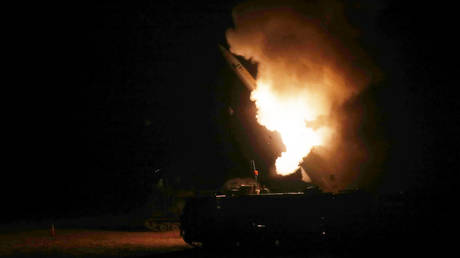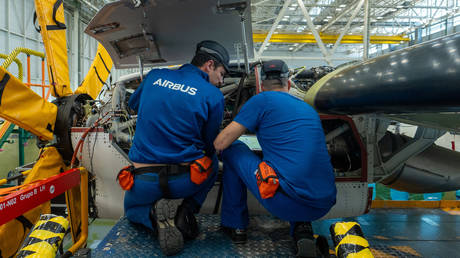The Flats review – a powerful look at the unresolved agony of the Troubles
Copenhagen documentary film festival: Alessandra Celesia’s urgent documentary about the residents of an estate in Belfast speaks to the lasting trauma of political violenceAlessandra Celesia’s film is part seance, part news story: a documentary about the run-down New Lodge estate in what the BBC news used to call “Catholic west Belfast”. It is primarily about the families who still live with the unresolved agony of the Troubles a quarter of a century on, the psychic residue of political violence coexisting with sexism, domestic abuse, substance abuse and futile rage against drug dealers in working-class neighbourhoods. But there is something else too. Along with TV news stories about the Queen’s death there is the sensational revelation that for the first time, the Catholic community in Northern Ireland now outnumbers the Protestant. The thought can hardly be said out loud; could it be that times are changing and reunification – that concept which caused so much bloodshed – is actually going to happen without another shot being fired?At the film’s centre, Celesia shows the day-to-day life of Joe McNally, an ageing republican who has done jail time as an “ordinary decent criminal”, that is, for non-political offences. McNally lives like a ghost, an angry wraith; traumatised by the childhood memory of his uncle’s murder by loyalists. He has lived with the despairing sectarian thirst for revenge ever since. Celesia, perhaps inspired by Joshua Oppenheimer’s The Act of Killing, gets Joe to stage a reconstruction of his uncle’s wake in the back room with younger generations of the family, having gotten Joe and a friend to carry a coffin into his flat for this psychodrama. But far from exorcising Joe’s unquiet spirits, it only seems to make them even worse. Continue reading...

Copenhagen documentary film festival: Alessandra Celesia’s urgent documentary about the residents of an estate in Belfast speaks to the lasting trauma of political violence
Alessandra Celesia’s film is part seance, part news story: a documentary about the run-down New Lodge estate in what the BBC news used to call “Catholic west Belfast”. It is primarily about the families who still live with the unresolved agony of the Troubles a quarter of a century on, the psychic residue of political violence coexisting with sexism, domestic abuse, substance abuse and futile rage against drug dealers in working-class neighbourhoods. But there is something else too. Along with TV news stories about the Queen’s death there is the sensational revelation that for the first time, the Catholic community in Northern Ireland now outnumbers the Protestant. The thought can hardly be said out loud; could it be that times are changing and reunification – that concept which caused so much bloodshed – is actually going to happen without another shot being fired?
At the film’s centre, Celesia shows the day-to-day life of Joe McNally, an ageing republican who has done jail time as an “ordinary decent criminal”, that is, for non-political offences. McNally lives like a ghost, an angry wraith; traumatised by the childhood memory of his uncle’s murder by loyalists. He has lived with the despairing sectarian thirst for revenge ever since. Celesia, perhaps inspired by Joshua Oppenheimer’s The Act of Killing, gets Joe to stage a reconstruction of his uncle’s wake in the back room with younger generations of the family, having gotten Joe and a friend to carry a coffin into his flat for this psychodrama. But far from exorcising Joe’s unquiet spirits, it only seems to make them even worse.
Continue reading...
 admin
admin 



























